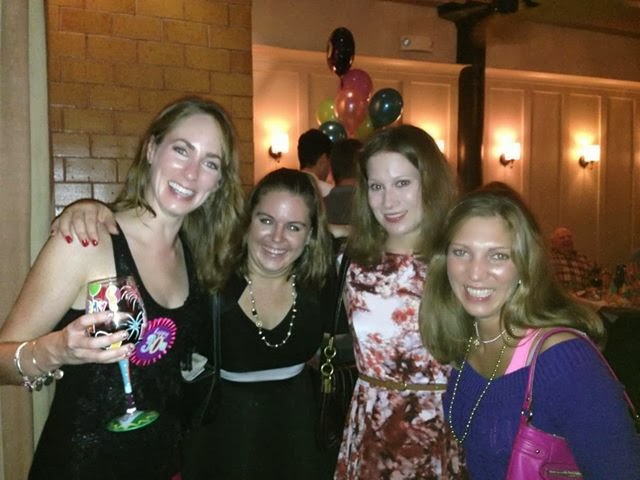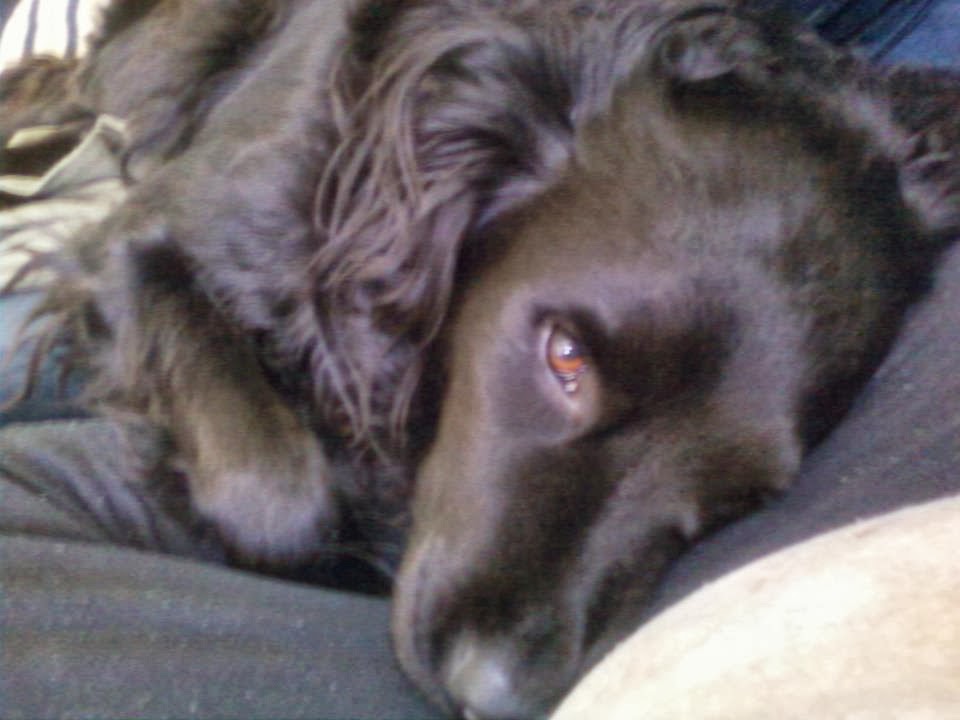Warning: herein lie spoilers for the movie The Town, Season 4 of Gilmore Girls, and the novel Driver’s Ed.
I started thinking of all my associations with the words “love” and “deserving” when used together.
Here’s one—this lovely song by Lori McKenna (possibly the subject of a future Katie Recommends):
[spotify id=”spotify:track:0p5x6zmXBjXdQ0bVcvMPhm” width=”300″ height=”380″ /]
Here’s another—the cheesy book and self-help tape Luke listens to on Gilmore Girls (which, laughable as it is, does help him realize that he’s in love with Lorelai). I can’t find the clip where the tape says, “You deserve love,” but here’s another one that includes the tape.
[youtube http://www.youtube.com/watch?v=KlkGPr5oMR0]
But here’s another, the one I think of most often. A few years ago, I’d just seen the movie The Town and hadn’t really liked it. My biggest issue with it was that when the female lead discovers that the guy she’s been seeing is the same guy who traumatized her by kidnapping her at gunpoint during a bank robbery, she still wants to be with him. I did not buy that for a minute, and shared that thought with some co-workers at lunch one day. One co-worker, who’d seen the movie and liked it, was surprised. “But she loved him!” she said.
“Some people don’t deserve love,” I countered.
And I’ll never forget the look on her face. She looked like I’d slapped her—as if, with an offhand comment about a character in a movie, I’d hurt her personally.
But I meant it when I said it. I really did believe that not everyone deserved love. Everyone deserves to be loved by their parents and families, but does everyone deserve romantic love?
I have a lot of friends who have fallen for lousy guys when they deserve much better. It’s frustrating to see your friends continue to see and to respond to jerks, and my response, more than once, has been that guys like that don’t deserve love. Not that they don’t deserve the love of my awesome friends—that they don’t deserve love, period.
But how far does that theory go? If a fictional bank robber/kidnapper doesn’t deserve love, what about real people? Do murderers deserve love? Rapists? Domestic abusers? Cheaters? Do genocidal dictators deserve love? If you do a terrible thing, should your karmic punishment be the permanent loss of romantic love?
This almost seems like a set-up to a discussion of religion, but my thoughts here aren’t quite so high-minded. Honestly, I’m thinking about myself—someone who has never received romantic love from anyone. Someone who has no firsthand experience with the emotion they sing about in so many songs, that drives the plot of so many of my favorite movies. Someone who, most of the time, tries very hard not to talk too much, in this blog and in real life, about how frustrating my lack of success at dating has been—but someone whose psychic real estate is largely occupied by thoughts on that subject. It’s been getting worse and worse now that I’m twenty-nine and have spent the entirety of my life single and without romantic love. I worry every single day that I will never have the things I want the most—despite trying as hard as I can to meet someone who will help me get those things.
It’s very hard not to wonder what is so wrong with me and to come up with things that are wrong. I am by far the least attractive girl in my group of friends. When I was on vacation in Florida back in August, I had a hard time looking at myself when I was on the beach with three much thinner friends. I’m not getting any younger. And I am, as I’ve mentioned before, not a very nice person, and my success at disguising that fact varies. I’ve always wished I could be one of those people whom EVERYONE likes, but I’ve already failed at that—there are more than a few people who actively dislike me, maybe even hate me, and I have to take responsibility for that. I’m not even sure why I still have any friends at all.
And I guess this has all been a roundabout way to this realization: I’m not always sure that I deserve love. I know nothing productive can come from this way of thinking, but there it is. When trying to find someone has been this discouraging, I find myself thinking—what do I really have to offer a potential boyfriend that no other girl can? With so many awesome single girls out there, why would anyone ever want to be with me? Do I really deserve that kind of love?
Maybe I don’t. But maybe no one does. Because this brings me to my final association with the words “love” and “deserving” –a quote from the young adult novel Driver’s Ed by Caroline B. Cooney. In the book, two teenagers have confessed to stealing a stop sign, which resulted in a fatal accident. At the very end, one of them says to his father that he doesn’t think he deserves love. His father says that he’s right—he doesn’t deserve love:
“That’s the thing about love,” said his father, wrapping a Christmas arm around his son. “Nobody deserves it. Love just is.”
I think that might be closer to the truth about love and deserving than anything else.

